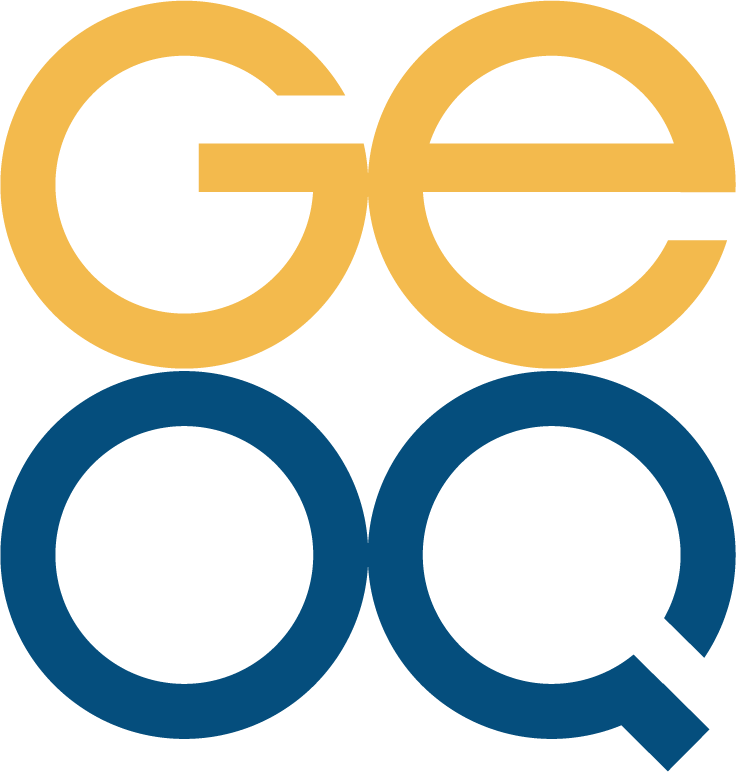| CRITÈRES D'EXCLUSION |
(EN)
- Prior treatment with any phosphatidylinositol 3-kinase (PI3K), protein kinase B (AKT), or mammalian target of rapamycin (mTOR) inhibitor, or any agent whose mechanism of action is to inhibit the PI3K/AKT/mTOR pathway
- Appropriate for treatment with surgery and/or radiation at the time of entry into the study, as per national or local treatment guidelines
- Type II diabetes requiring ongoing systemic treatment at the time of study entry; or any history of Type I diabetes
- Malabsorption syndrome or other condition that would interfere with enteral absorption
- Known and untreated, or active central nervous system (CNS) metastases (progressing or requiring anticonvulsants or corticosteroids for symptomatic control). Participants with a history of treated CNS metastases are eligible provided they meet specified criteria
- Uncontrolled pleural effusion, pericardial effusion, or ascites requiring recurrent drainage procedures twice per week or more frequently
- Serious infection requiring IV antibiotics within 7 days prior to Day 1 of Cycle 1
- Treatment with a live, attenuated vaccine within 4 weeks prior to initiation of study treatment, or anticipation of the need for such a vaccine during study treatment
- Any concurrent ocular or intraocular condition (e.g., cataract or diabetic retinopathy) that, in the opinion of the investigator, would require medical or surgical intervention during the study period to prevent or treat vision loss that might result from that condition
- Active inflammatory (e.g., uveitis or vitritis) or infectious (e.g., conjunctivitis, keratitis, scleritis, or endophthalmitis) conditions in either eye or history of idiopathic or autoimmune-associated uveitis in either eye
- Requirement for daily supplemental oxygen
- Symptomatic active lung disease, including pneumonitis
- History of or active inflammatory bowel disease (e.g., Crohn's disease or ulcerative colitis) or any active bowel inflammation (including diverticulitis)
- Known Human Immunodeficiency Virus (HIV) infection
- Current severe, uncontrolled systemic disease (e.g., clinically significant cardiovascular, pulmonary, metabolic, or infectious disease) or any other diseases, active or uncontrolled pulmonary dysfunction, metabolic dysfunction, physical examination finding, or clinical laboratory finding giving reasonable suspicion of a disease or condition that contraindicates the use of an investigational drug, that may affect the interpretation of the results, or that renders the participant at high risk from treatment complications
- Chemotherapy, radiotherapy, or any other anti-cancer therapy within 2 weeks before enrolment
- Investigational drug(s) within 4 weeks before enrolment
- Unresolved toxicity from prior therapy, except for hot flashes, alopecia, and Grade <=2 peripheral neuropathy
- History of other malignancy within 5 years prior to screening, with specified exceptions
- History of or active clinically significant cardiovascular dysfunction
- Any serious medical condition or abnormality in clinical laboratory tests that, in the investigator's judgment, precludes the participant's safe participation in and completion of the study)
- Chronic corticosteroid therapy of >=10 mg of prednisone per day or an equivalent dose of other anti-inflammatory corticosteroids or immunosuppressants for a chronic disease
- Allergy or hypersensitivity to components of the inavolisib formulation
- Treatment with strong CYP3A4 inducers or strong CYP3A4 inhibitors within 1 week or five drug-elimination half-lives, whichever is longer, prior to initiation of study treatment
- Major surgical procedure, or significant traumatic injury, within 28 days prior to Day 1 of Cycle 1; or anticipation of the need for major surgery during study treatment
- Minor surgical procedures <7 days prior to the first dose of study treatment
Exclusion criteria specific to arms utilizing atezolizumab:
- Prior serious immune-mediated toxicities resulting from treatment with any checkpoint inhibitor including, but not limited to, atezolizumab, pembrolizumab, or nivolumab
- Treatment with any checkpoint inhibitor within 5 half-lives of Day 1 of Cycle 1
- Uncontrolled or symptomatic hypercalcemia
- Active or history of autoimmune disease or immune deficiency, including, but not limited to, myasthenia gravis, myositis, autoimmune hepatitis, systemic lupus erythematosus, rheumatoid arthritis, inflammatory bowel disease, antiphospholipid antibody syndrome, Wegener granulomatosis, Sjögren syndrome, Guillain-Barré syndrome, or multiple sclerosis, with specified exceptions
- History of idiopathic pulmonary fibrosis, organizing pneumonia (e.g., bronchiolitis obliterans), drug-induced pneumonitis, or idiopathic pneumonitis, or evidence of active pneumonitis on screening chest CT scan; a history of radiation pneumonitis in the radiation field (fibrosis) is permitted
- Active tuberculosis
- Severe infection within 4 weeks prior to initiation of study treatment, including, but not limited to, hospitalization for complications of infection, bacteraemia, or severe pneumonia
- Treatment with therapeutic oral or IV antibiotics within 2 weeks prior to initiation of study treatment; participants receiving prophylactic antibiotics may be eligible for the study
- Prior allogeneic stem cell or solid organ transplantation
- Current treatment with anti-viral therapy for HBV
- Treatment with systemic immunostimulatory agents within 4 weeks or five drug-elimination half-lives of the drug (whichever is longer)
- Treatment with systemic immunosuppressive medication within 2 weeks prior to initiation of study treatment, or anticipation of the need for systemic immunosuppressive medication during study treatment, with specified exceptions
- Poor peripheral venous access that would preclude repeated IV infusions
- History of severe allergic anaphylactic reactions to chimeric or humanized antibodies or fusion proteins
- Known hypersensitivity to Chinese hamster ovary cell products or to any component of the atezolizumab formulation
|
